GLAUCOMA
What is Glaucoma?
Nothing is more precious than our eyesight. Our eyes allow us to enjoy the beauty of the world around us. So much of what we learn, experience, and enjoy comes to us through our eyes. As you look at the world around you, think of how valuable your vision is. Now, think how your world would be if you were losing your eyesight to a silent disease such as Glaucoma.
Glaucoma is a group of eye diseases that gradually steals sight without warning and often without symptoms. Every year millions of people around the world develop glaucoma, and each day without treatment can bring them one step closer to blindness.

Glaucoma Treatment
In a healthy eye, a balance exists between the fluid produced and the fluid that leaves the eye. This balance keeps the eye pressure at a healthy level. In order to maintain balance, the eye has a built-in drainage system. This drainage system controls the inflow and outflow of fluids, which is responsible for nourishing the eye. The eye’s drainage system works a lot like a sink. Fluid is produced from the faucet and exits through the drain. If a blockage develops in the eye’s drainage system or if fluid is produced faster than it can escape – an overflow will occur. In the eye, this overflow causes the pressure to elevate. The optic nerve is most vulnerable to damage from elevated pressure. Continuous elevated pressure or spikes in pressure can damage the optic nerve. If left untreated, damage to the optic nerve can lead to vision loss and even blindness.
The main goals of glaucoma surgery are to reduce eye pressure and prevent vision loss. When treating glaucoma, one option to reduce pressure is to turn off the faucet. Another option to reduce pressure is to remove the blockage that’s slowing the fluid from escaping. The final option for reducing pressure is to create a new channel for the fluid to escape through. Your doctor will recommend the best option for you.

Innovative State-Of-The-Art Cataract Technology
Northern Wyoming Ophthalmology
Copyright © 2024. All rights reserved.

